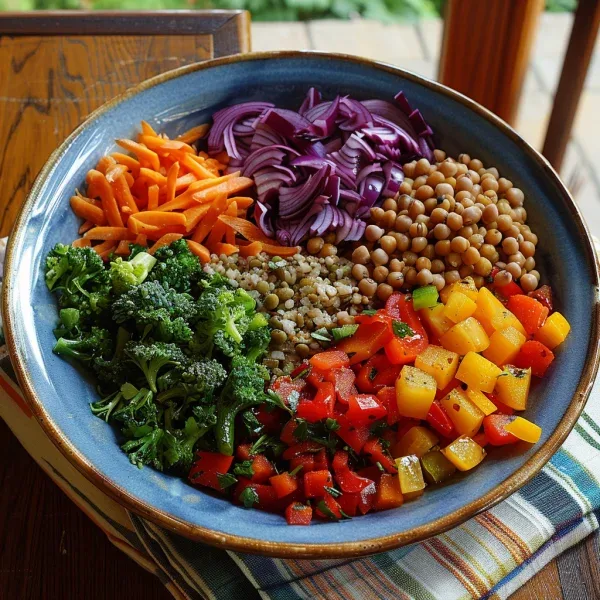by Gemma Delaney

Opting for a plant-based diet may offer you the lift your health and fitness aspirations need as you step into the new year with renewed vigor. An increasing number of individuals are being drawn to the numerous personal and environmental benefits associated with a vegan lifestyle, transforming it from a fleeting fad to a potent and illuminating ethos of wellbeing.
Scan the aisles of your local supermarket, skim through restaurant menus or even sign up for tailored nutrition boxes, and you’ll spot a variety of vegan-friendly options readily available. This illuminates how the adoption of a plant-based lifestyle has matured into an accessible and sustainable choice.
The Health Implications of Embracing Veganism
Steering away from animal products illuminates far-reaching implications that extend beyond personal health. Imagine creating an environment where untouched habitats remain unscathed from large-scale livestock rearing or where pollution levels in our oceans reduce, thereby safeguarding an intricate web of life. The choice to go vegan evidently has global resonance and can be a significant step toward collective well-being, suggests Phyllis Stone, a renowned sports nutritionist.
Stone also highlights that recent studies have demonstrated a robust correlation between abiding by a vegan dietary regime and lowered risk of various ailments, ranging from cardiovascular diseases to type 2 diabetes. Apart from contributing to weight loss, veganism has also been observed to improve overall body composition, which aids in fostering improved health.
Taking The First Steps towards Becoming Vegan
Not quite ready to take the plunge? Exploring the Veganuary initiative might be just the ticket. This global event encourages people to try out this diet for the month of January. As you gear up to venture into this new dietary landscape, here are some nuggets of advice to help you acquire the most from a plant-based lifestyle:
Embrace Variety
Don’t be daunted by the thought of giving up your favorite meals. Familiarizing yourself with essential vegan ingredients can keep you satiated and flexible when experimenting with dependable recipes. How about scrumptious scrambled tofu instead of scrambled eggs for breakfast? Or perhaps a comforting chickpea curry instead of your typical chicken curry?
Ensure Adequate Protein Intake
Protein is a crucial macronutrient for muscle development, hunger regulation, hormone synthesis, and immune responses. Therefore, it’s vital to maintain its intake while adopting a vegan diet. Sources such as legumes, nuts, and whole grains can provide comparable protein content to animal-sourced protein, as per Stone’s advice. If you lead an active lifestyle, you should aim for 1g-1.5g of protein per kilogram of body weight.
Minimize the Reliance on Processed Foods
Plant-based substitutes like meatless burgers and sausages seem handy, but some of these are high in additives. These food items can be elevated in sodium and processed oils and typically possess less dietary fiber than whole food plant protein sources.
Vegan-friendly Multivitamins
Incorporate a vegan-friendly multivitamin into your routine to ensure you don’t fall short of essential nutrients like vitamin D and vitamin B12, which are harder to obtain on a plant-based diet.
Additionally, a well-rounded protein-rich diet can be complemented with vegan-friendly protein supplements. These products can assist in meeting daily protein requirements while also providing added health benefits.
Whether you’re an athlete or an everyday warrior, embracing veganism can lead to tangible improvements in areas like training, energy levels, sleep, and overall well-being. So, as you step into the new year aiming for a refreshed health and fitness journey, giving veganism a shot might just be the beginning of an enlightening and enriching lifestyle switch.
veganism, plant-based diet, health benefits of veganism, vegan-friendly, protein sources, Veganuary, environmental benefits of veganism, vitamin supplements, dietary fiber
Leave a Reply